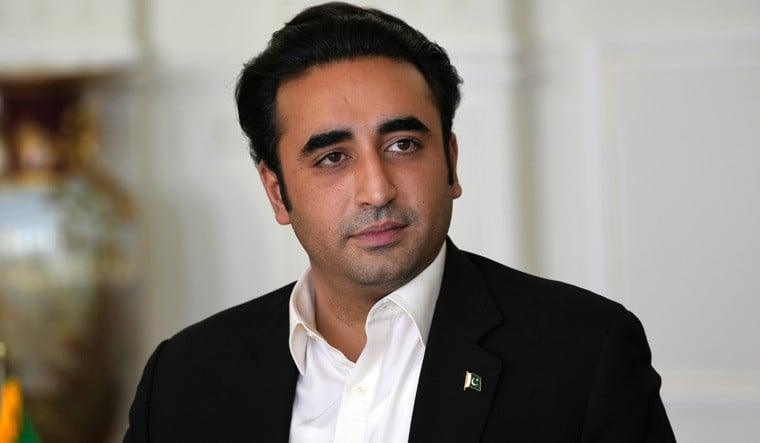HYDERABAD:
Pakistan People’s Party (PPP) Chairman Bilawal Bhutto-Zardari on Saturday criticized the ruling allied government, the Pakistan Muslim League-Nawaz (PML-N), for taking unilateral decisions despite lacking an electoral mandate. to support such measures.
The PPP president, whose party is allied with the PML-N at the federal level, alleged that the government acts as if it has a two-thirds majority in the National Assembly, exempt from consulting anyone.
“But the reality on the ground suggests otherwise,” he said at a press conference in Larkana.
He reminded the ruling party that its parliamentary strength does not reflect the two-thirds majority it enjoyed in the 1990s. “Today, its mandate is to involve all allied parties in collective decision-making.”
Bilawal also lashed out at the PML-N government for ignoring provincial concerns, particularly Sindh’s objections to six proposed canals on the Indus River.
He pointed out that the decisions were not only arbitrary but also controversial as they violated fundamental water rights, accusing the government of violating the IRSA Act and the Water Agreement of 1991, ignoring the objections raised by Sindh.
Regarding the proposal to construct six new canals on the Indus River, PPP Chairman Bilawal Bhutto-Zardari regretted that despite Sindh’s formal objections, the government has decided to ignore them.
“There was a time when someone [former prime minister Nawaz Sharif] “We decided to build the Kalabagh dam, but tell me, where is that dam today?” he said.
He maintained that the planning of these canals was as controversial and unilateral as the Kalabagh Dam was, adding that other political parties supporting the government also disapproved of its unilateral approach.
He recalled that the PPP helped the PML-N elect its prime minister based on the guarantee of equitable financial support for all provinces. However, he regretted that the agreement was not being implemented properly.
However, he hoped that the PPP’s concerns would be addressed through meaningful dialogue, which he believes is essential to resolving provincial grievances.
Digital problems
Bilawal also criticized the government’s handling of digital rights, deploring its decision to reduce internet speeds and restrict access in some areas. Instead of these regressive steps, he highlighted the need to provide high-speed Internet and expand connectivity to currently underserved regions.
He chided the PML-N for prioritizing highways and subways, which it recognized as essential infrastructure in the 1990s, but argued that the current digital era demands a focus on digital infrastructure.
“The Internet has been slowed down without consulting anyone, and also in a country where 70% of the population is under 30 years old,” he stressed.
“So, a decision of yours has alienated 70% of the population. You have, but I won’t.”
The Bhutto scion also raised the alarm over recent Western attention to Pakistan’s missile technology, noting that some foreign politicians, who had previously commented on Pakistan’s domestic politics, have now shifted focus to its missile technology.
He expressed skepticism about the support for PTI Chairman Imran Khan from quarters that consistently support Israel.
“That’s why I demanded yesterday [at PPP’s December 27 public meeting] that he [Khan] “We must not only condemn these countries but also the people who, on the one hand, express their support and, on the other, oppose Pakistan’s atomic and missile programs,” he said.
Bilawal reiterated that Pakistan is the only Muslim nation that possesses such advanced weapons technology, which he claimed the West is eager to see dismantled.
He credited his grandfather, Zulfiqar Ali Bhutto, and mother, Benazir Bhutto, for gifting Pakistan with nuclear power and missile technology. “I don’t need to remind you; it is part of history. The sacrifices for this achievement were borne by the martyrs buried at Garhi Khuda Bakhsh,” he said, referring to his grandfather and mother.
He stressed the need to build confidence in the nation on this sensitive issue, urging unity among political parties to thwart conspirators seeking to exploit internal divisions.
He also criticized the PTI for changing its stance on foreign relations, citing its accusations against the United States and then Saudi Arabia for allegedly overthrowing his government in 2022.




